Have you ever met someone who just doesn’t seem like a “cat person”? Maybe it’s the way they cringe when a feline strolls into the room, or the way they bristle at the idea of a litter box. Cats are incredible companions—quirky, loving, and sometimes a little mysterious. But let’s be honest: not everyone is cut out to share their home with a whiskered roommate. Some folks simply aren’t a good match for these fascinating creatures, no matter how cute kittens might be on Instagram. If you’re a cat lover, you know it’s more than just feeding them; it’s about understanding their unique needs and personalities. So, who should steer clear of adopting a cat? Let’s pull back the curtain and discover the 10 types of people who should absolutely never own cats.
People Who Crave Constant Obedience
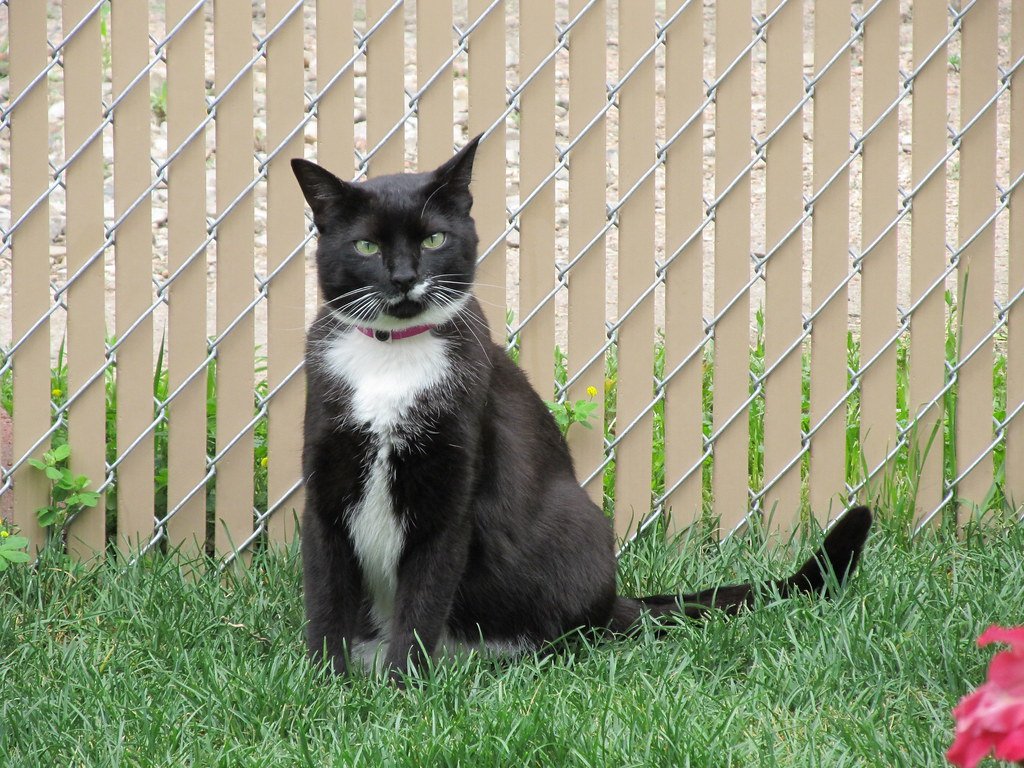
If you’re someone who needs everything to go exactly as planned and expects instant obedience, a cat will turn your world upside down. Cats are famous for their independence—they’ll ignore a command just as easily as they’ll chase a toy across the room. Unlike dogs, cats don’t respond well to strict orders or harsh discipline. They’re more likely to do their own thing, even if you’re waving a treat around.
Living with a cat means accepting a certain level of unpredictability. If you can’t handle a pet that sometimes ignores you or walks away mid-cuddle, you’ll only end up frustrated. Cats thrive when they’re allowed to be themselves, quirks and all. Trying to force a cat to behave like a perfectly trained dog is a recipe for disappointment—for both of you.
People Unwilling to Commit for the Long Haul
Cats can live for 15 to 20 years or more. That’s a huge commitment! If you’re someone who can’t see yourself in the same place, with the same responsibilities, for the next two decades, a cat isn’t the right pet for you. Adopting a cat isn’t like buying a new gadget you can just toss when you’re bored—it’s a long-term relationship.
Many cats end up in shelters because their owners didn’t realize how much time, money, and love is involved. If your life is full of big changes, frequent moves, or uncertainty, it’s kinder to admire cats from afar rather than bring one home and disrupt their world later on. Cats need stability, and so do you.
People With Severe Allergies to Cats

This might sound obvious, but you’d be surprised how many people try to “tough it out” with sneezing, watery eyes, and hives. Severe cat allergies can make life miserable for both you and your pet. Even if you love cats, it’s not fair to either of you to live in constant discomfort or on a steady diet of antihistamines.
Allergy sufferers who insist on keeping a cat often wind up resenting the animal or, worse, having to give them up after bonding. If you’re allergic, it’s better to find animal companionship in a way that won’t make you sick—maybe volunteering at a shelter or fostering animals that don’t trigger your symptoms.
People Obsessed With Spotless Homes
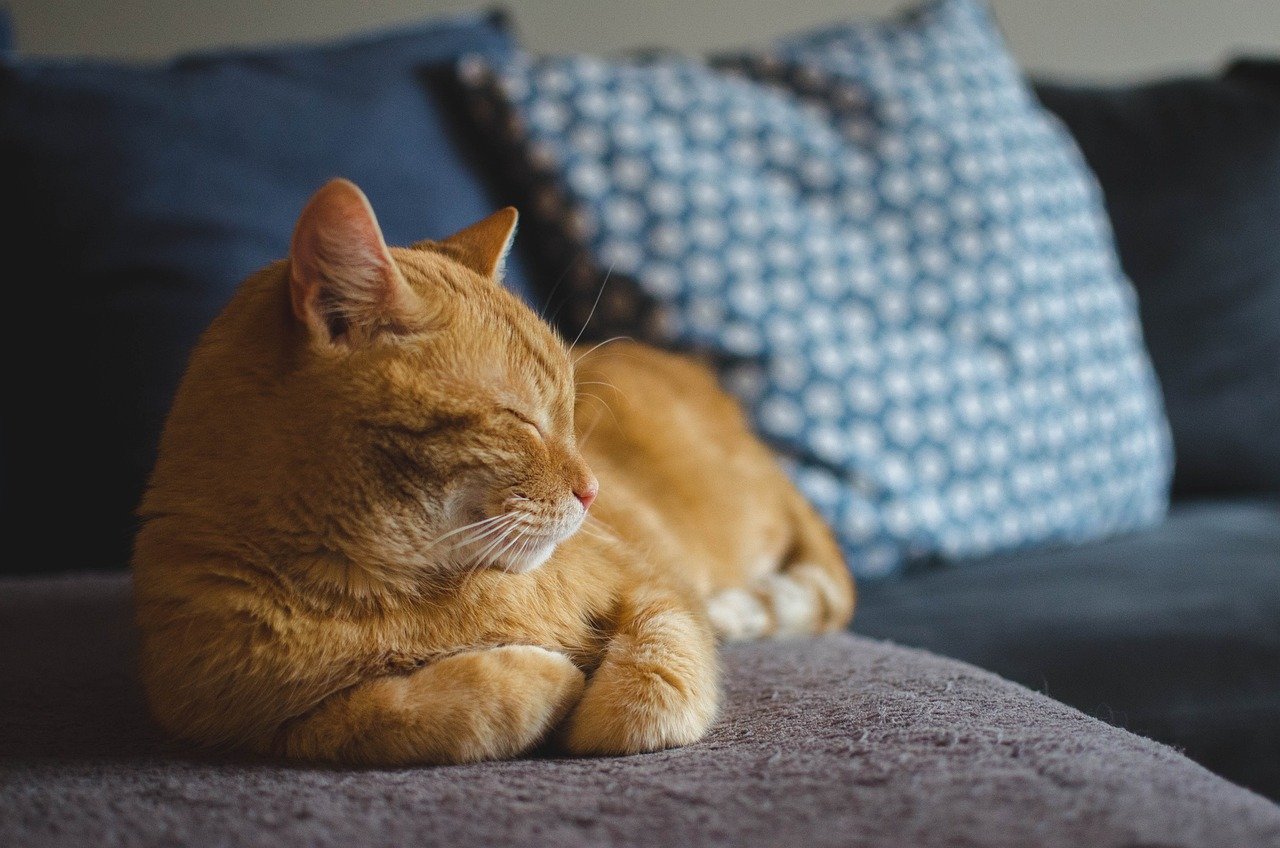
Cats shed fur, scatter litter, and occasionally cough up hairballs in the most inconvenient places. If you’re the type who can’t stand a stray hair on the sofa or a single paw print on the floor, owning a cat may drive you up the wall. Cats love to explore every nook and cranny, and their curiosity often leads to a little chaos.
Of course, regular cleaning helps, but complete control over your environment simply isn’t possible with a cat around. You’ll need to embrace a little mess for the joy of feline company. If your blood pressure goes up at the thought of daily vacuuming and sweeping, having a cat might cause more stress than joy.
People Who Want Instant Affection
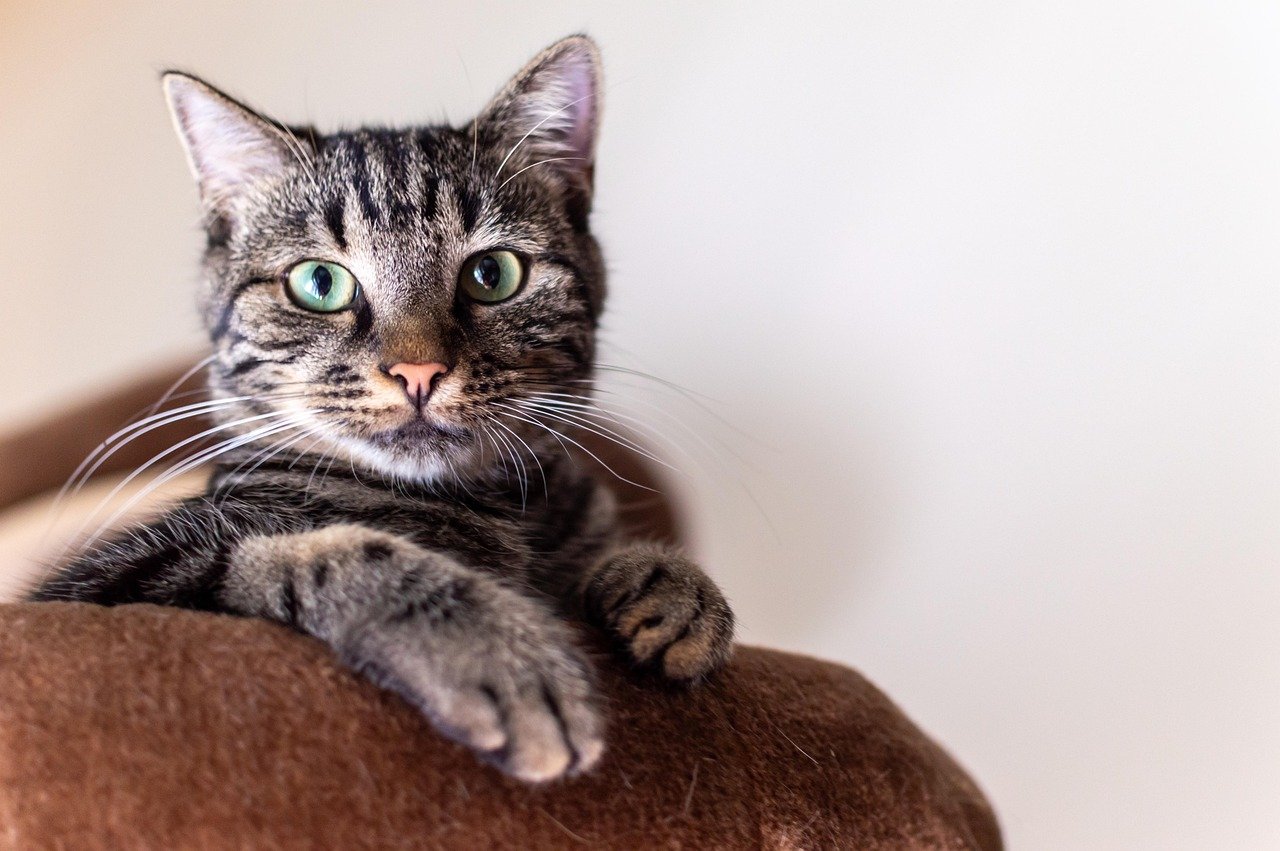
Cats are not always the cuddly, purring lap-warmers you see on TV. Many cats are shy, aloof, or take a long time to warm up to new people. If you expect a cat to shower you with love from the moment they walk in, you’ll likely be disappointed. Earning a cat’s trust takes time, patience, and respect for their boundaries.
Some cats may never be lap cats, and that’s okay. If you need instant affection and constant reassurance, a cat’s reserved nature might leave you feeling rejected. Cats show love in their own subtle ways—a slow blink, a gentle headbutt, or simply choosing to sit in the same room. If you’re not willing to appreciate these small gestures, a cat isn’t for you.
People Who Travel Constantly
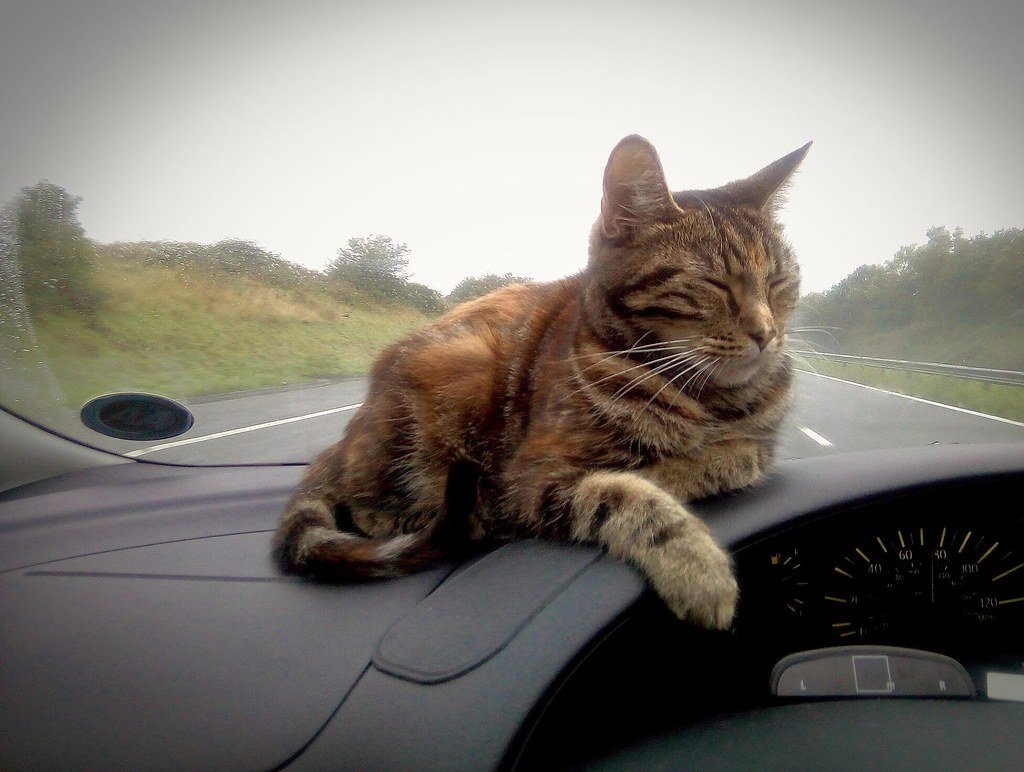
Cats may seem independent, but they crave routine and stability. If your job or lifestyle keeps you on the road more than at home, it’s unfair to bring a cat into your life. Cats can get stressed or depressed when left alone for long periods or when their environment changes frequently.
Arranging for pet sitters or boarding can help, but it’s not the same as being there. Cats bond with their humans and rely on them for more than just food. If you’re always away, your cat might develop behavioral issues or become withdrawn. Cats deserve someone who can be present and consistent.
People Who Lack Patience
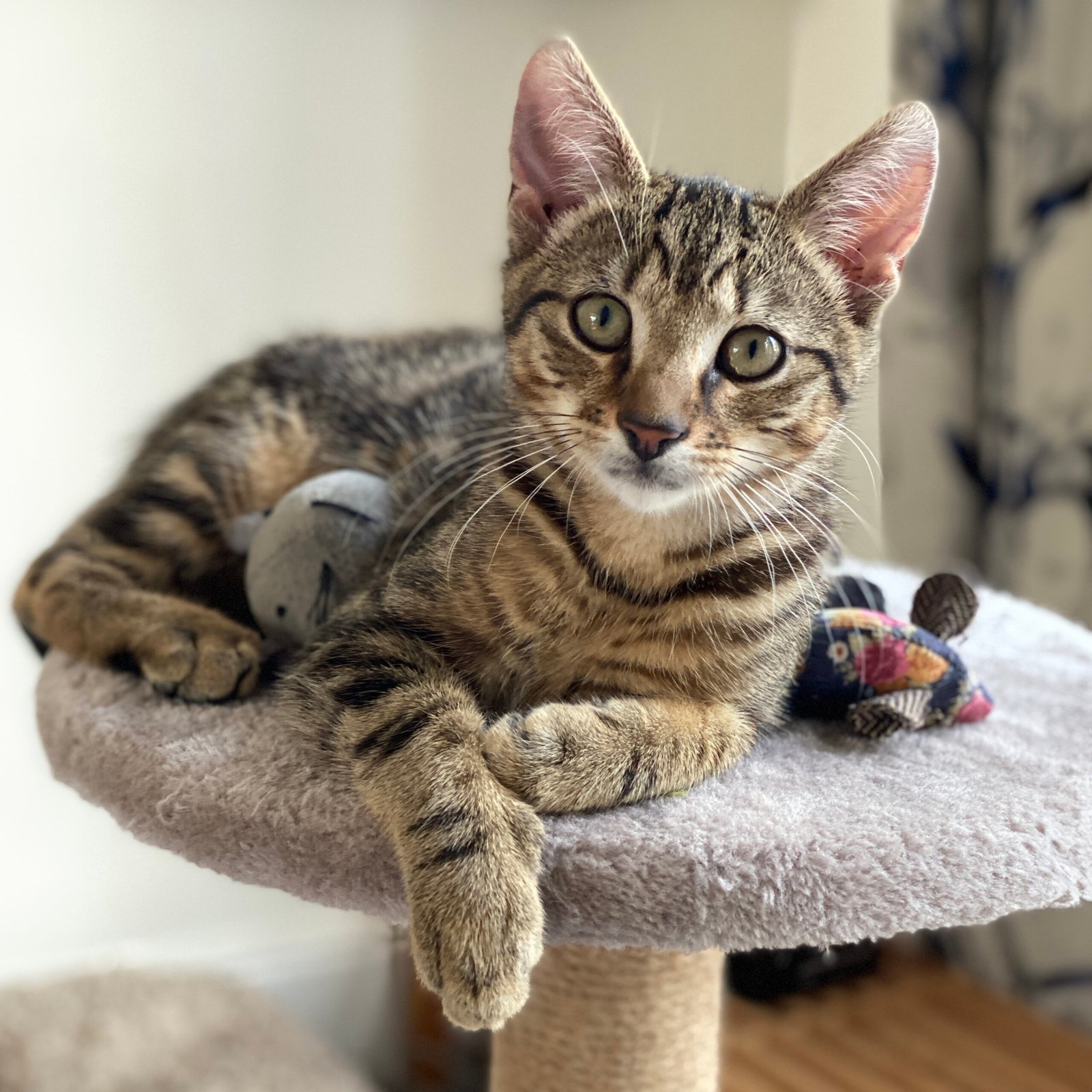
Training a cat to use the litter box, stop scratching furniture, or come when called takes patience—and sometimes a sense of humor. Cats don’t learn on your schedule. If you get easily frustrated or angry when things don’t go your way, you might struggle with a feline companion.
Cats respond best to gentle guidance and positive reinforcement. If you lose your temper or expect immediate results, you’ll only scare or confuse your cat. Patience is key, especially with kittens or rescue cats who may have never lived in a loving home before.
People Who Dislike Sharing Their Space
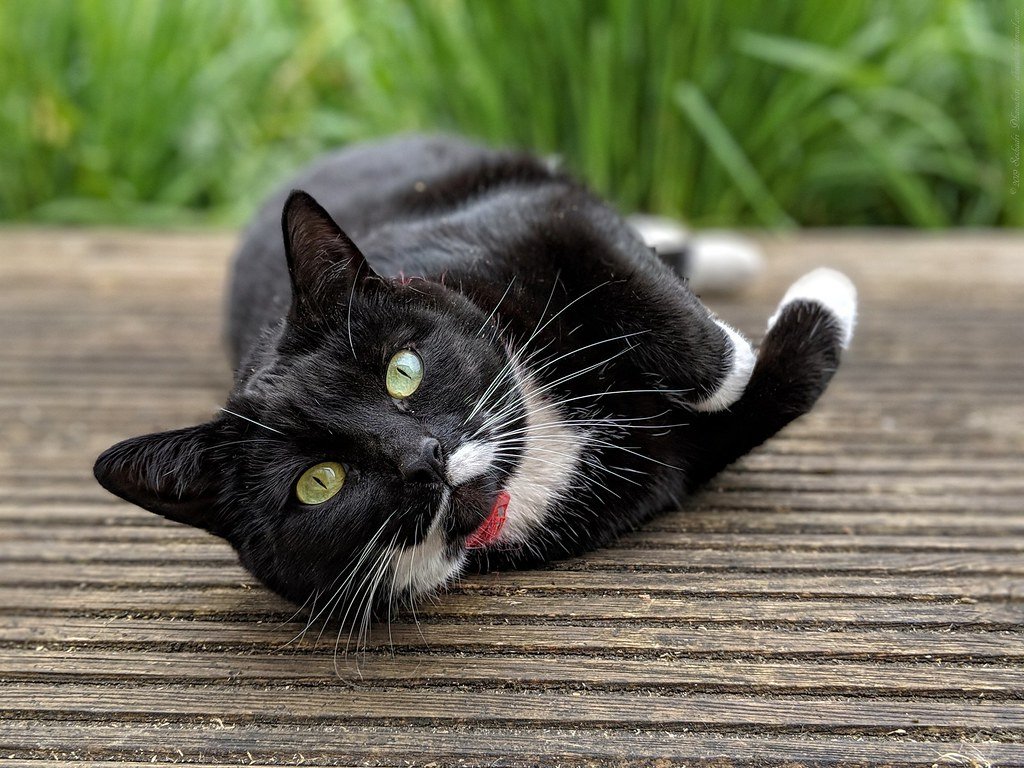
Cats are curious creatures who want to be involved in everything. That means jumping on counters, curling up in your favorite chair, or exploring your closet. If you’re territorial about your belongings or need strict boundaries in your home, a cat’s antics might drive you crazy.
Sharing your space with a cat means accepting their presence everywhere—from your bed to your laptop keyboard. They don’t understand “off-limits” the way humans do. If you’re not willing to let a little fur (and a lot of personality) into every corner of your home, a cat might not be the right fit.
People Who Don’t Believe in Veterinary Care
Cats need regular checkups, vaccinations, and sometimes emergency care. If you don’t believe in taking animals to the vet, or you think cats can just “tough it out,” you’re not ready for the responsibility of owning one. Preventive care is crucial for keeping cats healthy and happy.
Skipping vet visits can lead to suffering and expensive problems down the road. A responsible cat owner budgets for veterinary bills and understands that cats, like all pets, deserve medical attention. If you’re unwilling or unable to provide this, it’s better to admire cats from afar.
People Who Expect Cats to Entertain Their Kids
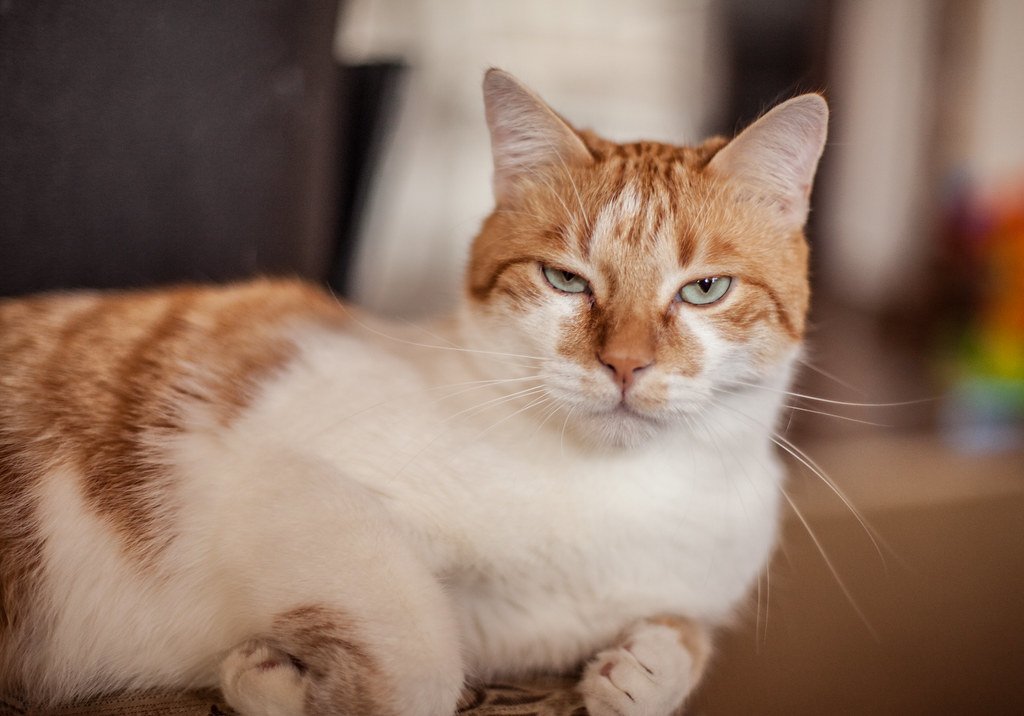
Cats are not toys, and they’re not guaranteed to be gentle with children. Some cats love playing with kids, while others get overwhelmed or frightened by noisy, unpredictable behavior. If you expect a cat to be a built-in babysitter or playmate, you may be setting everyone up for disappointment.
Teaching children to respect a cat’s boundaries is essential. Not every cat is tolerant of rough handling, and even the sweetest feline can scratch if they feel threatened. If your main reason for getting a cat is to keep your kids entertained, you may want to rethink whether a pet is the right choice for your family.
Cats can be wonderful companions, but they’re not the right fit for everyone. The 10 types of people we’ve outlined may struggle to meet a cat’s unique needs, whether due to lifestyle, expectations, or misunderstandings about feline behavior. Owning a cat requires patience, respect for boundaries, and a willingness to create a calm, consistent environment. When those needs aren’t met, it can lead to stress—for both the cat and the owner. Recognizing whether a cat truly fits your personality and routine is a responsible first step toward preventing mismatches and ensuring that every pet finds a home where they’re genuinely understood and loved.

Born and bred in South Africa, a Capetonian at heart. Amy-Leigh’s love for nature and animals was inherited from her Dad. He loves taking the family on road trips to experience nature at its finest; Amy-Leigh’s favourite being whale watching in Hermanus and spotting Kudu along the West Coast. Amy-Leigh holds a BA in English Literature and Communication Studies.





